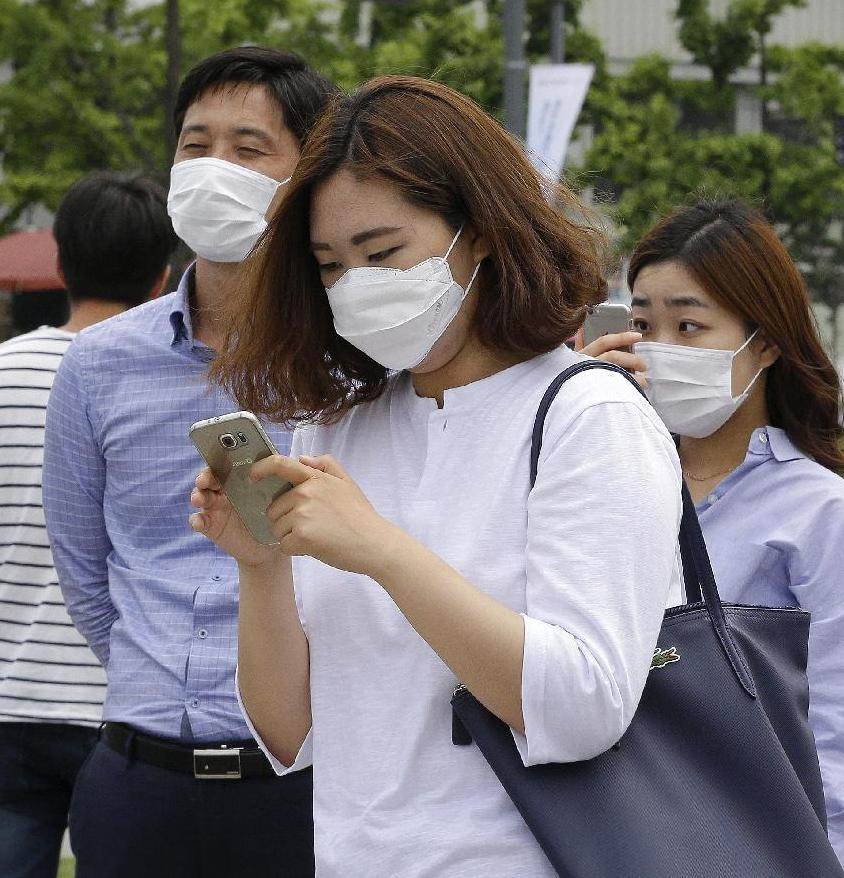South Korea reports five more cases of MERS illness
South Korea confirmed five more cases of Middle East Respiratory Syndrome (MERS) on Wednesday, bringing to 30 the number of infected people since the outbreak began in the country two weeks ago. Two people have died. While there has been no sustained human-to-human transmission, the nightmare scenario is the virus changes and spreads rapidly, as Severe Acute Respiratory Syndrome (SARS) did in 2002-2003, killing about 800 people around the world. MERS was first identified in humans in 2012 and is caused by a coronavirus from the same family as the one that triggered SARS. But MERS has a much higher death rate at 38 percent, according to World Health Organization (WHO) figures. There is no cure or vaccine.

Asia-Pacific